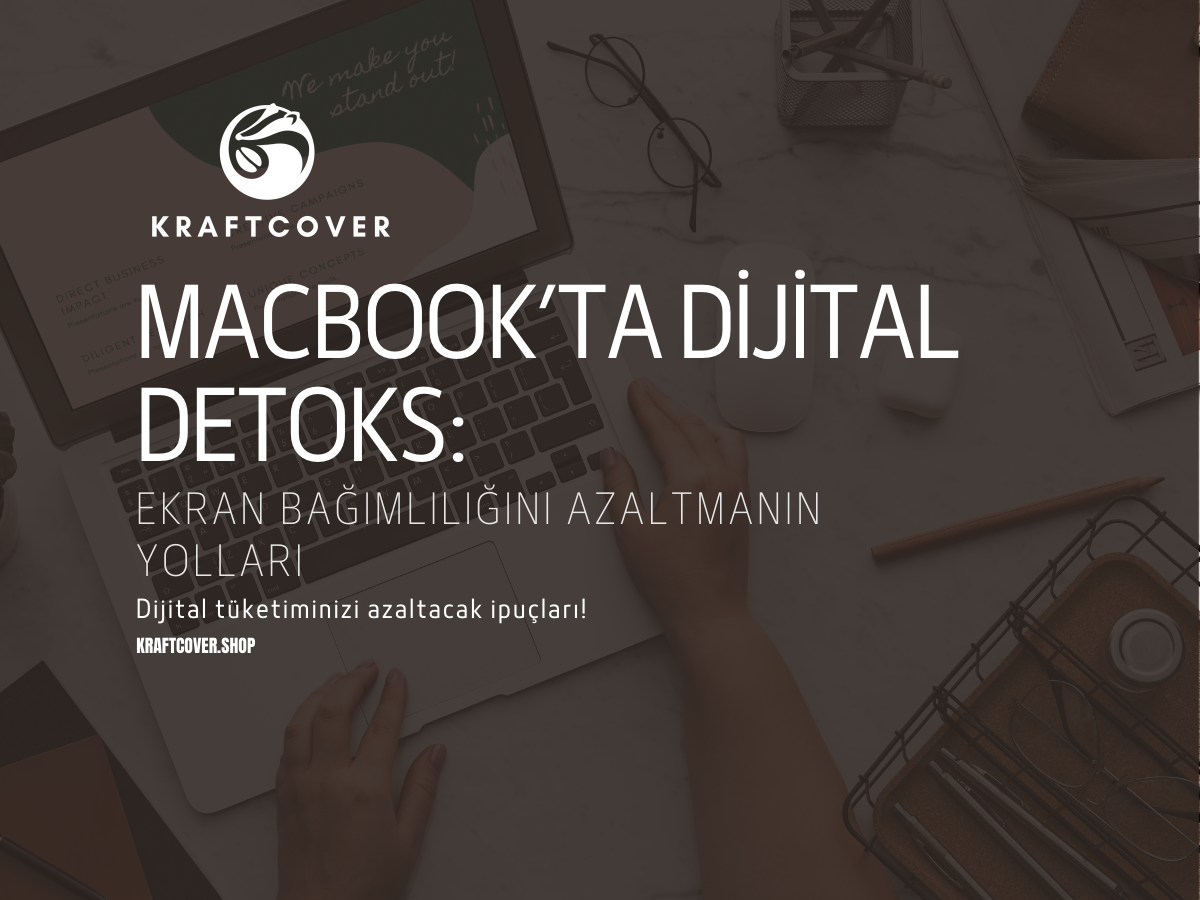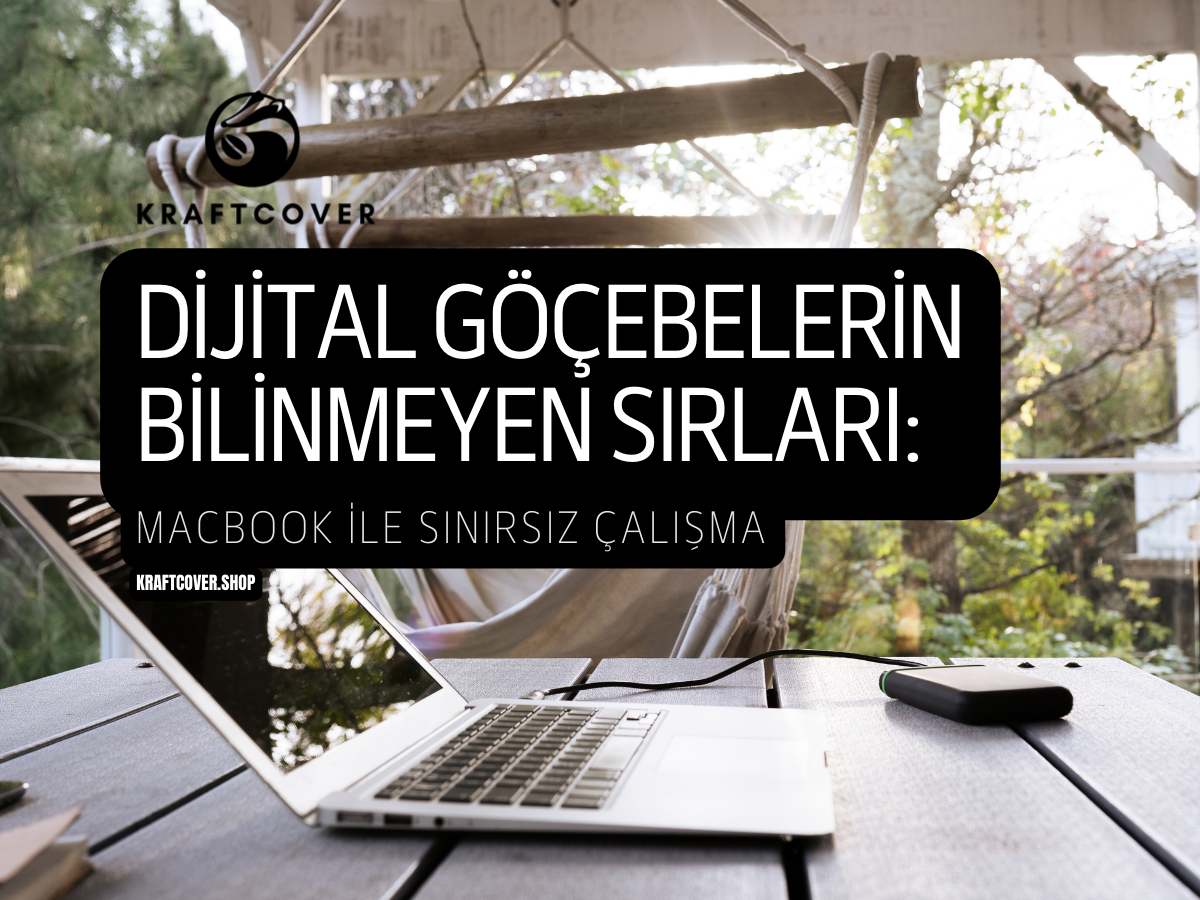Yapay zeka (AI), bilim kurgu filmlerinden günlük hayatımızın bir parçası haline geldi. Akıllı telefonlarımızdan sağlık sistemlerine kadar pek çok alanda karşımıza çıkan bu teknoloji, insanlık tarihinde büyük bir devrim yarattı. Ancak bu devrim, insan beyninin yerini mi alacak yoksa ona yeni fırsatlar mı sunacak?
Empati, yaratıcılık, etik kararlar ve hayal gücü gibi özellikler, bizi hâlâ bu teknolojiden ayıran başlıca unsurlar mı? Bu sorulara yanıt ararken, yapay zekanın geçmişi, bugünü ve geleceği üzerine kapsamlı bir yolculuğa çıkalım.
1. Yapay Zekanın Tarihçesi: Hayalden Gerçeğe

Yapay zekanın kökenleri, Antik Yunan mitolojisine kadar uzanır. İnsanlar, tarihin her döneminde kendi yeteneklerini taklit eden makineler hayal etmişlerdir. Ancak yapay zekanın bilimsel bir alan olarak doğuşu, 20. yüzyılın ortalarına dayanır.
İlk Adımlar
- Alan Turing (1950): “Makineler düşünebilir mi?” sorusuyla yapay zekanın temelini attı. Turing Testi, makinelerin insana benzer düşünme yeteneğini ölçmek için önerildi.
- Dartmouth Konferansı (1956): "Yapay Zeka" terimi ilk kez burada kullanıldı ve AI, bir bilim dalı olarak kabul gördü.
Dönüm Noktaları
- 1980’ler: Uzman sistemler, belirli alanlarda karar verme süreçlerini desteklemek için geliştirildi.
- 2000’ler: Büyük veri (Big Data) ve makine öğrenimi (Machine Learning), yapay zekayı pratik bir araç haline getirdi.
- 2020’ler: ChatGPT ve DALL-E gibi modeller, yapay zekanın insan dilini anlamada ve yaratıcı süreçlerde ne kadar ilerlediğini gösterdi.
2. İnsan Beyni: Evrimin Mucizesi
Yapay zeka, karmaşık hesaplamaları saniyeler içinde yapabilir. Ancak insan beyni, 86 milyar nöronuyla evrimin en karmaşık yapılarından biridir. Onu eşsiz kılan özellikler, yalnızca biyolojik yapısıyla sınırlı değildir.
Adaptasyon Yeteneği
İnsan beyni, tamamen yeni durumlara hızla adapte olabilir. Örneğin, dilini bilmediğiniz bir ülkede kısa sürede temel kelimeleri öğrenerek iletişim kurabilirsiniz. Yapay zeka ise, belirli veri kümeleriyle sınırlıdır.
Hayal Gücü ve Yaratıcılık
İnsan beyni, var olmayan şeyleri hayal edebilir. Bu, yapay zekanın algoritmalardan çıkaramadığı bir yetenektir. Hayal gücü, sanattan bilime kadar tüm alanlarda inovasyonu besler.
Empati ve Duygusal Zeka
Empati, insan beyninin diğer bireylerle duygusal bağ kurmasını sağlar. Yapay zeka, duygusal verileri analiz edebilir, ancak bu verilerle empati kuramaz.
Etik Kararlar
İyi ile kötü arasında seçim yapma, yalnızca insan beynine özgü bir yetenektir. Bir yapay zeka, etik kararları yalnızca programlandığı kadar anlayabilir.
3. Yapay Zeka ve Günümüz: Teknolojinin İnsan Hayatındaki Yeri
Günümüzde yapay zeka, sağlık, eğitim, iş dünyası ve hatta eğlence sektöründe devrim yarattı.
Sağlık Alanında
- Kanser Teşhisi: Yapay zeka destekli algoritmalar, radyoloji görüntülerini analiz ederek %95 doğrulukla teşhis koyabiliyor.
- Kişiselleştirilmiş Tedavi: AI, genetik verilerden hastanın ihtiyaçlarına uygun tedavi planları oluşturabiliyor.
Eğitimde
- Özelleştirilmiş Öğrenme: Öğrencilerin güçlü ve zayıf yönlerine göre uyarlanan öğrenme programları sunuyor.
- Dil Öğrenimi: AI destekli uygulamalar, kullanıcıların gerçek zamanlı pratik yapmasını sağlıyor.
İş Dünyasında
- Verimlilik Artışı: Yapay zeka, büyük veri analizi yaparak şirketlerin daha hızlı ve doğru kararlar almasını sağlıyor.
- Müşteri Hizmetleri: Chatbot’lar, müşterilere anında destek sunarak şirketlerin operasyonel yükünü azaltıyor.
4. Meslekler Üzerinde Yapay Zeka Etkisi
Yapay zeka, birçok mesleği dönüştürüyor. Ancak bu değişim, yalnızca tehditler değil, aynı zamanda fırsatlar da sunuyor.
Yok Olan Meslekler
- Veri analistleri, müşteri hizmetleri ve muhasebe gibi roller, otomasyon tarafından hızla dönüştürülüyor.
- Örneğin, PwC’nin raporuna göre, 2030 yılına kadar dünya genelinde 30 milyon iş kaybı yaşanabilir.
Yeni Meslekler
- AI etik uzmanları, veri bilimciler ve robotik mühendisleri gibi yeni meslekler ortaya çıkıyor.
- Dünya Ekonomik Forumu’na göre, 2025 yılına kadar yapay zeka sayesinde 97 milyon yeni iş yaratılacak.
İnsan Dokunuşunun Vazgeçilmez Olduğu Alanlar
- Psikologlar, öğretmenler ve sanatçılar gibi mesleklerde insan empatisi ve yaratıcılığı vazgeçilmez olmaya devam ediyor.
LeafLine Yeşil Deri Masa Matı: Çalışma alanınızı düzenli ve estetik hale getirmek için mükemmel bir yardımcıdır.
5. Gelecek: İnsan Beyni ve Yapay Zeka Birlikte Nasıl Şekillenir?
Yapay zeka, insan beyninin bir rakibi değil, tamamlayıcısıdır. Bu iş birliği, gelecekte daha verimli bir dünya yaratabilir.
Ortak Çalışma Alanları
- Tıp: Yapay zeka, karmaşık teşhisler koyarken, doktorlar hastalarla duygusal bağ kurar.
- Sanat: Yapay zeka, yaratıcı süreçleri hızlandırabilir, ancak nihai dokunuşlar insan yaratıcılığına bağlıdır.
Etik Sorunlar
Yapay zekanın hızla yayılması, etik sorunları da beraberinde getiriyor. AI’nin hangi amaçlarla kullanılacağına dair kararlar, insan beyninin etik duyarlılığına ihtiyaç duyuyor.
6. İnsan Beyni ve Yapay Zeka Çağında Kendimizi Geliştirmek
Yapay zeka çağında insan beyninin gücünü korumak ve geliştirmek için atılabilecek adımlar:
- Yaratıcılığınızı Besleyin: Sanatla ilgilenmek, yeni hobiler edinmek ve yazı yazmak, hayal gücünüzü geliştirebilir.
- Teknolojiyle Dengeli İlişki: Dijital detoks yaparak zihinsel sağlığınıza odaklanın.
- Hayat Boyu Öğrenim: Yeni beceriler öğrenerek yapay zekanın dönüştürdüğü dünyaya uyum sağlayabilirsiniz.
Son Söz: İnsan ve Yapay Zeka Dengesi
Yapay zeka, insan beyninin gücünü azaltmak yerine, onun potansiyelini artırabilir. Ancak empati, yaratıcılık ve etik değerler gibi özelliklerimiz bizi hâlâ eşsiz kılıyor. Gelecek, bu iki gücün iş birliğiyle şekillenecek.
Ayrıca inceleyin: Yapay Zeka ile MacBook’unuzun Performansını Artırın: Otomasyon İpuçları







